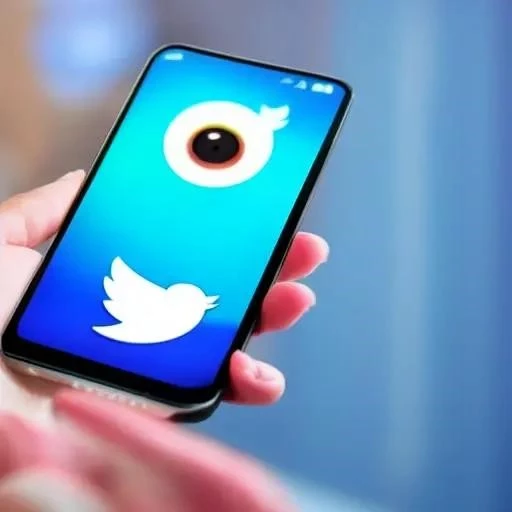
In today’s hyper-connected world, where every tweet, post, and fleeting thought is meticulously documented and potentially shared, the question of online privacy looms larger than ever. We curate our digital personas with care, carefully crafting images of ourselves that we wish to project to the world. But what happens when that carefully constructed image is captured, copied, and potentially shared without our explicit knowledge or consent? Specifically, does Twitter, the ubiquitous microblogging platform, notify you when someone takes a screenshot of your tweets? The answer, surprisingly and reassuringly, is generally no.
This lack of notification, while potentially unsettling to some, is actually a crucial element in maintaining a degree of freedom and open discourse on the platform. Imagine a Twitter landscape where every screenshot triggered an alert. Such a system would, without a doubt, stifle creativity, discourage candid conversations, and ultimately transform the platform into a more guarded and less engaging space. Consider, for instance, a journalist researching a sensitive topic, or an activist documenting human rights violations. A screenshot notification system would undeniably jeopardize their work and put them at considerable risk. The current approach, while not perfect, seeks to strike a delicate balance between individual privacy concerns and the broader societal benefits of a relatively open and accessible platform.
While Twitter itself doesn’t provide screenshot notifications, other apps and extensions might offer this functionality. However, these are generally third-party tools and not officially supported by Twitter. They often come with their own privacy risks and should be used with caution.
The Landscape of Digital Privacy
The absence of screenshot notifications on Twitter highlights a much broader conversation about digital privacy in the modern age. We willingly share an incredible amount of personal information online, often without fully understanding the potential consequences. This data is then harvested, analyzed, and used for a variety of purposes, ranging from targeted advertising to sophisticated surveillance. Navigating this complex landscape requires a degree of digital literacy and a proactive approach to protecting one’s own privacy. We must be mindful of the information we share, carefully review privacy settings, and critically evaluate the tools and platforms we use.
Furthermore, the legal framework surrounding digital privacy is still evolving, struggling to keep pace with the rapid technological advancements. In many jurisdictions, there are significant loopholes and ambiguities that allow companies to collect and use personal data in ways that would have been unimaginable just a few years ago. Advocating for stronger data protection laws and holding companies accountable for their privacy practices is an absolute necessity. By demanding greater transparency and control over our personal information, we can work towards creating a more equitable and privacy-respecting digital ecosystem. Ultimately, the future of digital privacy depends on our collective commitment to safeguarding our rights and holding those in power accountable.
Protecting Yourself on Twitter (and Beyond)
While Twitter may not notify you of screenshots, there are several steps you can take to protect your privacy and control your online presence. First and foremost, be mindful of what you tweet. Consider the potential consequences of your words and actions, and avoid sharing information that you wouldn’t want to become public. Review your privacy settings regularly, and adjust them to limit who can see your tweets and direct messages. Use strong passwords and enable two-factor authentication to protect your account from unauthorized access. Be wary of suspicious links and phishing scams, and report any abusive or harassing behavior. By taking these simple precautions, you can significantly reduce your risk of exposure and maintain a greater degree of control over your online identity.
The ongoing debate about screenshot notifications on Twitter underscores the fundamental tension between privacy and accessibility in the digital age. While the absence of such notifications may seem like a privacy risk, it also preserves the open and dynamic nature of the platform. Ultimately, the responsibility for protecting your privacy rests with you. By being mindful of your online behavior, taking proactive steps to secure your accounts, and advocating for stronger data protection laws, you can navigate the digital landscape with greater confidence and peace of mind. The future of online privacy depends on our collective efforts to demand greater transparency, accountability, and control over our personal information. This includes understanding how platforms like Twitter handle our data and making informed decisions about how we engage with them.
